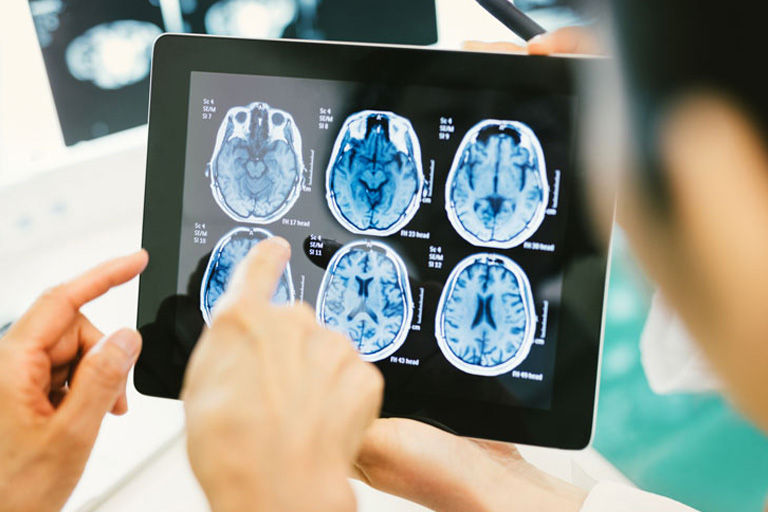Large variation in doses mainly due to how scanners are used by medical staff
Large differences in radiation doses used for CT scans are mainly due to how the scanners are used by medical staff rather than differences in the patients scanned or the machines used, finds a study in The BMJ today.
Setting more consistent dose standards should therefore be possible and will ensure that patients are not exposed to unnecessary radiation risks.
Computed tomography (CT) scanning creates detailed pictures of areas inside the body to help diagnose a range of conditions. But CT radiation is associated with an increased risk of cancer, so it is important to minimise exposure and reduce unnecessary variation.
In fact, evidence suggests that CT radiation doses are highly variable across patients, institutions, and countries and, in many cases, doses can be reduced by 50% or more without reducing image quality and diagnostic accuracy.
To better understand the factors contributing to this variation, an international research team analysed dose data for over 2 million CT scans from 151 institutions, across seven countries.
They included scans of the abdomen, chest, combined chest and abdomen, and head from 1.7 million adults between November 2015 and August 2017.
They adjusted the data for a range of variables related to the patient (e.g. sex and size), institution (e.g. trauma centre, academic or private), and machine (e.g. manufacturer and model).
The researchers found that most of these factors had only a small effect on dose variation across countries.
For example, after adjusting for patient characteristics, there was still a fourfold range in mean effective dose for abdominal scans and a 17-fold range in proportion of high dose scans (4-69%). Similar variation persisted for chest scans, and combined chest and abdomen scans.
Adjusting for institution and machine factors also had little effect on dose variation.
However, adjusting for technical factors (how scanners were used by medical staff) substantially reduced or eliminated nearly all the dose variation across countries.
As such, the researchers conclude that the variation in doses used for CT scanning of patients is primarily driven by how CT scanners are used, rather than to underlying differences in the patients scanned or the machines used.
This is an observational study, and as such, can’t establish cause, and the researchers point to some limitations that may have influenced the results.
Nevertheless, they say these findings suggest that optimising doses to a consistent standard should be possible. And they call for more education and international collaboration to set benchmarks for optimum target doses.


































